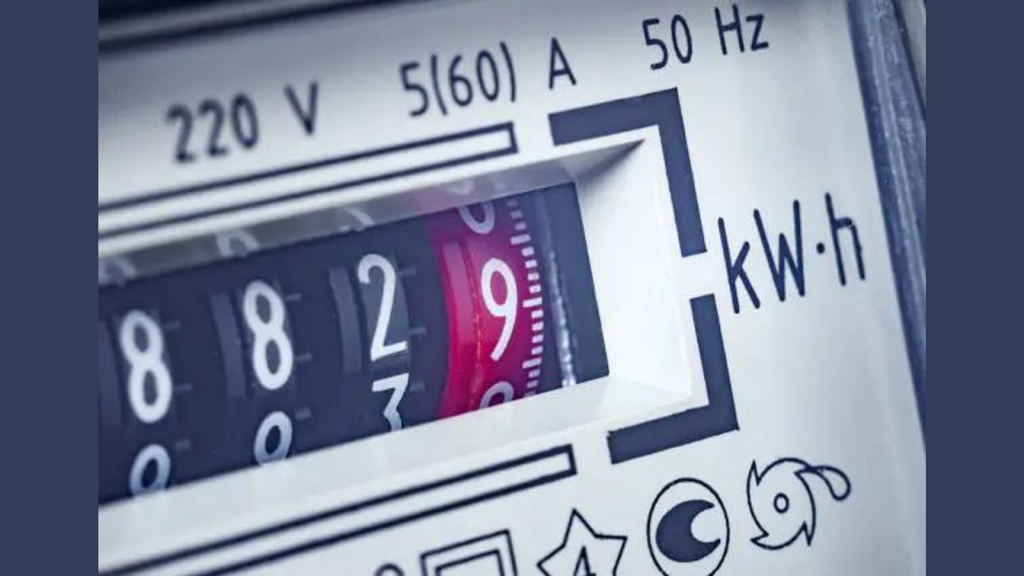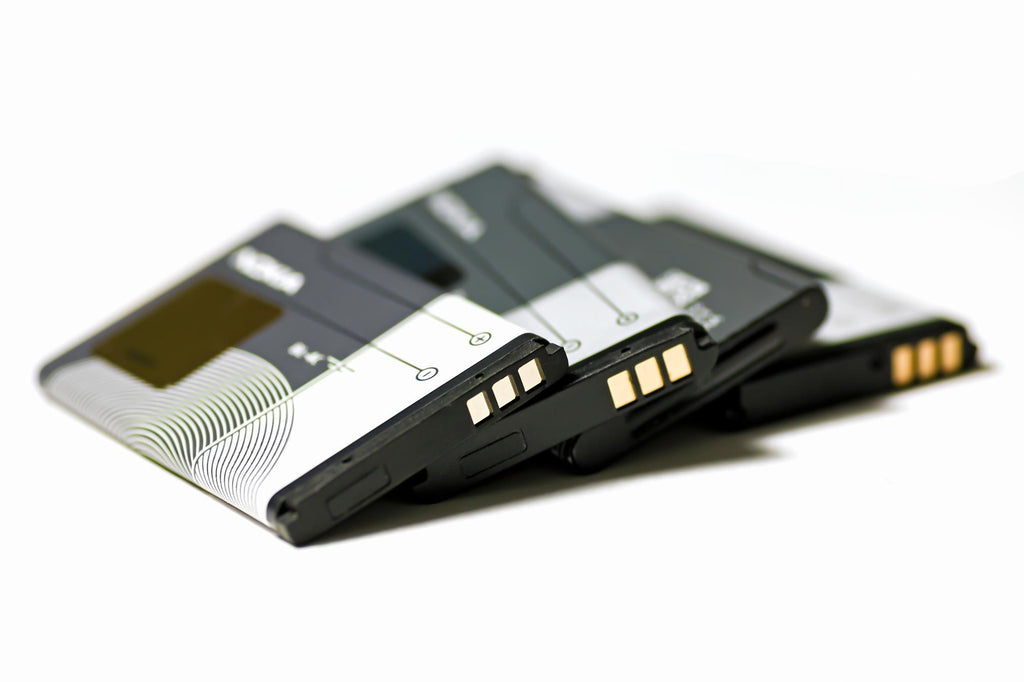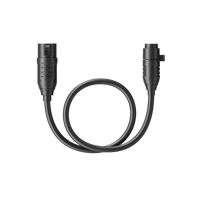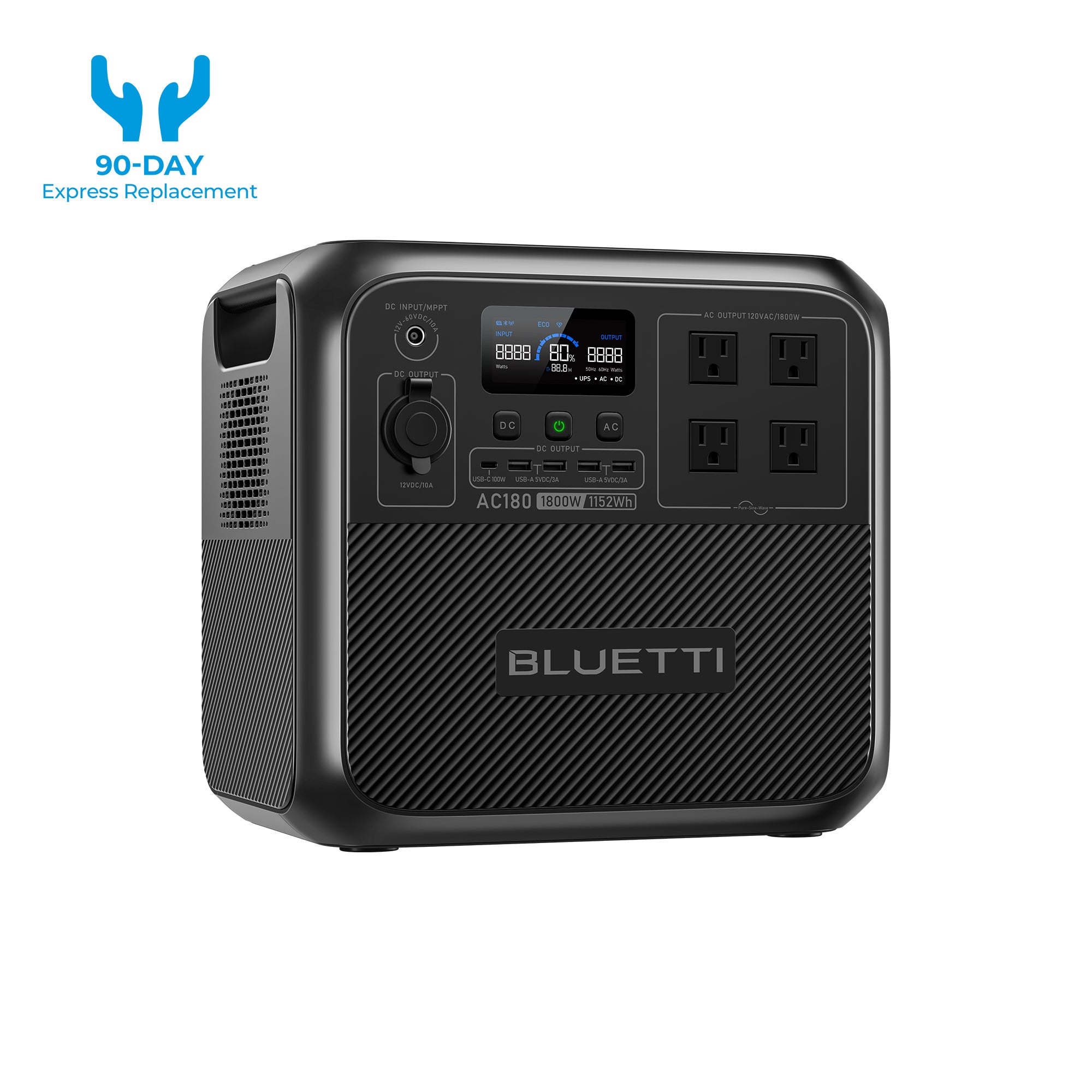Your cart is empty
Shop our productsWhile looking for a battery-powered device, you must have seen the abbreviations like mAh and Ah. And perhaps, "What is this mAh?" is the most common question that beeps into your mind then.
Well. In this fast-paced digital age, our lives significantly rely on batteries. We need them to keep our smart devices alive, our laptops running, and our electric cars working. Under such circumstances, ensuring our devices have enough battery to last a day or two is one of our toughest challenges.
It is exactly where the concept of mAh enters. mAh is a measurement of the battery's capacity. Technically speaking, it defines how many milliamps can be transferred per hour.
This comprehensive guide will demystify everything about mAh and what it stands for on batteries. It will also stipulate three top recommendations for the best battery backups for energy storage.
Fundamentals of Electricity and Battery Technology

Before we delve into mAh and battery capacity, knowing the fundamental principles of electricity and battery technology is crucial. Electricity, in its essence, is the flow of charged particles through a conductor. These charged particles are typically electrons. We harness this flow of electricity to power our electronic devices.
Conversely, batteries are mechanical systems that chemically store electricity and release it when required. When connected to a circuit, a chemical reaction occurs between the battery's electrodes and the electrolyte. This reaction then generates a flow of electrons through the circuit.
Yet there are numerous types of batteries; the most common types used in portable electronic devices are Lithium-ion and LiFePO4. Li-ion batteries come with a high energy density, which implies they can store a lot of energy. Additionally, they are portable and rechargeable. However, they are also costly to make and may be harmful if not handled carefully.
LiFePO4 batteries are a sub-type of Lithium-ion batteries, but they are safer due to strong covalent bonds between iron, phosphate, and oxygen atoms in the cathode. Since they are more stable and immune to thermal runaway and overheating, they are standard in portable power stations and other solar applications.
What is mAh?
Now that you have a fundamental comprehension of battery technology let's dig into the concept of mAh. mAh (milliampere-hour) represents the amount of electrical charge a battery can store.
The mAh is a small unit of measurement, with one mAh equaling one-thousandth of an Ah (ampere-hour). That means a battery with a capacity of 5000mAh can provide 5 amperes of current for an hour, 2.5 amperes for two hours, etc.
Significance of mAh
mAh is the most critical factor when buying any battery-powered device. In other words, it is imperative to check the mAh rating of a battery, as doing so can help comprehend its power storage capacity and how long it can work before depletion.
Typically, a battery with a higher mAh rating has a long lifespan. For example, a solar generator kit equipped with a 3,000 mAh battery will generally last longer than a solar generator with a 2,000 mAh battery. Nevertheless, mAh alone does not tell everything about the performance of a solar generator battery. Other factors, such as inverters, solar panels, and charge controllers, also play a role.
Here, it is worth mentioning that battery life does not follow a linear battery. A battery with double the mAh rating will not guarantee double the lifespan. It may fluctuate based on how you use it. For instance, using your solar generator battery to power a refrigerator or air conditioner will deplete the battery more quickly than powering your mobile phone.
mAh VS Charge Capacity
Another term usually associated with batteries is their charge capacity. Although both terms indicate the battery capacity or the amount of power a battery can hold, they are used in slightly different contexts.
The term "mAh" commonly describes the battery capacity of portable devices like tablets, mobile phones, and laptops and indicates the energy stored by any battery.
On the contrary, the charge capacity defines the battery capacity of solar storage systems and electric vehicles. This unit measures the energy a battery can receive during a charge cycle. This measurement is typically expressed in kWh (kilowatt-hours) or Wh (watt-hours)
Here’s how mAh and charge capacity are connected.
Wh = mAh*V/1,000
It is evident from this equation that one watt-hour is equal to one milliamp-hour multiplied by voltage divided by one thousand. But this technical equation can be confusing, so let me lead you by an example.
Suppose you have a solar battery with 5,000 mAh. That means it can provide a charge of 5,000 mAh at a specific voltage. If the voltage at which charges are transferred is 5V, the total energy in this example will be 25 watt-hours (5,000mAh*5V/1000 = 25Wh).
What Does mAh Rating Mean?
The mAh rating is the designated storage capacity of the battery. It is the product of the current (in milliamperes) and the time (in hours) for which the battery can deliver that current. Its formula is:
mAh = mA*H
Here is an example to enhance your understanding. Consider a battery rated at 8V and 2,000mAh. It shows the battery can deliver 8 volts at 100 milliamps for 20 hours (100mA*20H = 2000mAh).
What Does mAh Stand for on Batteries?
Though mAh is a common term used for all batteries. However, the context in which this term is used can vary for different batteries. Below is a brief explanation of the mAh of various batteries.
mAh on A Mobile Battery

The mAh rating is the most appropriate parameter for quantifying the electrical charge a mobile battery can store. You can calculate the backup time of mobile batteries using this formula:
Backup Time = mAh / Current discharged in mA
For instance, if the capacity of your device battery is 2,000 mAh and it consistently draws 200 mA of current, the device would provide backup power for 10 hours (2,000 mAh/200 mA = 10 hours). It means your device has a battery life of 10 hours.
mAh on A Car Battery
The mAh rating on your car's battery shows how long you can drive without recharging. Batteries with higher mAh ratings have larger storage capacities and extended run times. There are numerous types of car batteries, but lithium-ion and lead-acid batteries are the most prevalent.
Lead-acid batteries have an approximate mAh capacity of 135-300 recharge cycles. They have a limited lifespan and must be replaced every 3 to 5 years.
Lithium-ion batteries, on the other hand, have higher mAh and longer battery life. Their mAh ranges from 300 to 400 recharge cycles, and their life exceeds five years.
mAh on A Rechargeable Battery
Unlike disposable batteries, rechargeable batteries can be recharged after they have been depleted. The mAh rating of rechargeable batteries equals that of non-rechargeable batteries.
mAH to Wh Conversion
Next, we will discuss how to convert mAh to Wh. To convert mAh to Wh, multiply the charge and voltage. Then, divide the result by 1000 to get a watt-hour.
The conversion formula from mAh to Wh is:
E (Wh) = Q (mAh)*V/1000
Here, E represents the energy in watt-hours, Q is the milliamp-hour charge, and V is voltage.
Using this formula, let's calculate the watt-hour of a battery with a 1,000 mAh capacity rated at 240 Volts.
E (Wh) = 1000 mAh*240V/1000 = 240Wh
BLUETTI Home Batteries With Best Storage Capacity
Now, in case you are looking for a home battery with high storage capacity, BLUETTI is the best option available. It is among the best providers of solar products. Below are some of the best products you can opt for your solar system.
BLUETTI EP900 + B500 Home Battery Backup

Whether you want to save on utility bills or a backup for a power outage, you can rely on BLUETTI EP900 + B500 Home battery backup.
It has an impressive capacity of 10 to 20 kWh (1kWh = 1000W) and can provide up to 9,000W power for both 120V and 240V devices.
This battery backup comes equipped with a 9 kW inverter. It also allows you to combine two EP900 units in parallel to reach the output of 18 kW. This output is enough to run your whole house without any hassle.
The EP900 + B500 has the safest LiFePO4 battery for excellent performance. It also provides an industry-leading 10-year warranty, giving you the most convenient and worry-free home backup.
BLUETTI AC500 + B300S Home Battery Backup

The AC500 + B300S is a 100% modular solar power system for all needs. It's an expandable solar power system that can transform the way you harness solar energy.
It has a 5,000W pure sine inverter, which can take up to 10 kW power surge. That means anything you plug in will work up to its full functionality.
The AC500 + B300S backup supports up to 8,000W input and can be charged using both the wall outlet and solar panels.
The best part? It can accept up to six B300S expansion battery packs, increasing the overall capacity to 3,072 Wh to a whopping 18,432 Wh.
This battery backup also offers the convenience of smart control with the BLUETTI app. It comes equipped with 16 outlets for versatile charging. Last but not least, it comes with a 4-year warranty for your peace of mind.
BLUETTI AC300 + B300 Home Battery Backup

BLUETTI AC300 + B300 is another best solution for emergencies and power outages. It can accept up to four B300 battery units with a 3,072 Wh capacity each.
Its pure sine inverter can adjust the charging rate from 1,800W to 3,000W through wall outlets. It supports an AC output of 1800W by default, which can be boosted to 3,000W with the 30A charging cable.
The AC300 + B300 backup can support a blazing input rate. Using both the wall outlet and Solar panels, you can fast charge it at the maximum rate of 5,000W. Additionally, it has simple mechanisms. It can easily integrated with your home grid.
Final Word
"What is mAh?" is the simple yet crucial question you should ask when buying a battery-powered product, particularly solar applications. The mAh estimates how long your battery will last before it needs to be replenished. In general, the more the mAh, the longer the battery life.
And when it comes to solar batteries, BLUETTI home battery backups are the most reliable power sources. They can fulfill all your energy demands with their generous storage capacities.
Frequently Asked Questions
1. Does mAh matter?Yes. Whether it is for smart devices, power stations, or any other battery-powered gadget, the mAh describes how much energy it can store and how long your device will keep working before it needs to be recharged.
2. Is a higher mAh always good?No. A higher mAh is only one factor that determines battery life. Other factors, such as device type, usage patterns, and external factors, also impact battery life.
3. Does a higher mAh mean a larger battery?Not necessarily. The battery's physical size and its mAh rating are not directly connected.
4. Can a battery with higher mAh harm my device?No. A battery with a higher mAh will not cause damage to your device. However, using a non-certified, incompatible charger or overcharging may affect your battery's health.
5. Does stacking batteries increase mAh?Yes. Stacking multiple batteries increases the total mAh of the stacked ensemble. For instance, a solar power station with multiple standard batteries will have a higher mAh than a power station with a single battery.
Shop products from this article
You May Also Like

What Does a 30% Federal Solar Tax Credit Mean and How to Apply?
Governments around the world are offering programs that encourage homeowners to switch to solar energy. Among the most notable programs is the 30% Federal Solar Tax Credit. It reduces your...

Deadly Flooding Devastates U.S. South and Midwest — What You Need to Know































































































































































































































































